(1882 products available)




















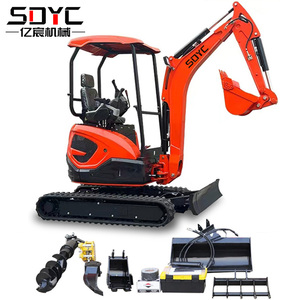
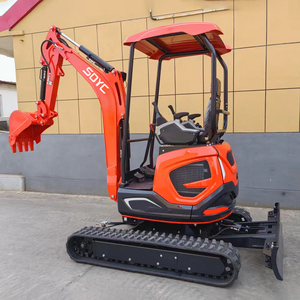
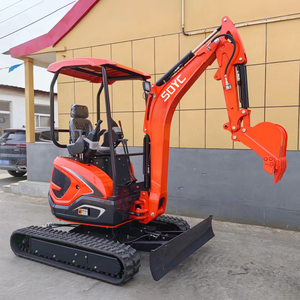
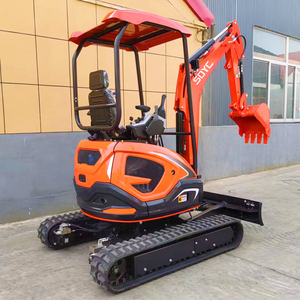
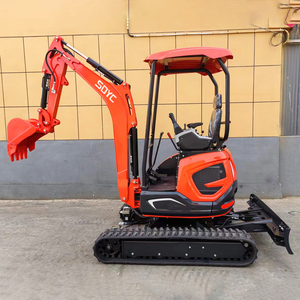
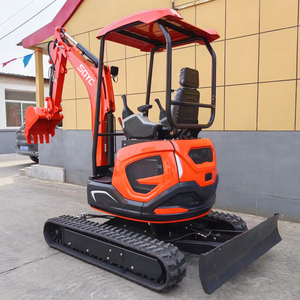

















































































































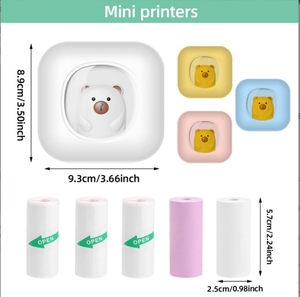

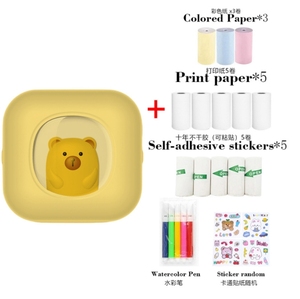








































































A mini website is a simple website with a few web pages. It provides basic information about a topic or product. Mini websites are often small and easy to manage. They are also affordable to build and maintain. Here are some common types of mini websites:
The brochure website is like a digital brochure for a business. It shows what the business offers, its services, and contact information. The site is usually simple and only a few pages long. The goal is to make people aware of the business in the online world.
A portfolio website shows the work and skills of a person. It is ideal for artists, photographers, designers, and other creative people. A portfolio website allows them to display their work through images and videos. It also serves as a digital resume that can help them get jobs.
Landing pages focus on one product or service. They are designed to promote a brand or marketing campaign. Mini websites can be used to create landing pages. They usually have a clear call to action.
A blog is a mini website where a blogger writes content on specific topics. These include travel, fashion, food, and other interests. A blog can also earn money through ads and sponsored posts.
Personal websites are like online resumes. They show a person's skills, experiences, and achievements. Personal websites are also used to show a person's passion for a hobby or interest.
Event websites provide information about upcoming events. They can be used for weddings, conferences, and other celebrations. Event websites usually display the event's date, venue, and program.
Mini websites can have a few pages to sell products. They are ideal for people who want to start an online store. Mini websites can be used to sell products while managing the website without any technical skills or spending a lot of money.
These are just a few examples of mini websites. The possibilities are endless. Mini websites are affordable and easy to create. They can be used for any purpose that requires a simple online presence.
Mini websites offer a wide range of functions and come with a variety of features:
Mini websites are ideal for people who enjoy writing blogs to share their thoughts or opinions on various topics. They can create a beautiful mini website with a simple design to showcase their content and reach a wider audience. For example, a food blogger can use their mini website to share recipes and cooking tips with other people who share the same interest in cooking. Fashion bloggers can use their website to share the latest fashion trends and styles. A mini website can be used to display a portfolio of work to potential clients.
People who love to share knowledge and information in an entertaining way can use a mini website to create a site for educational purposes. They can share interesting facts and information on various topics to educate other people. For example, a mini website can focus on the importance of recycling and how it can help protect the environment. Other informative websites can be about the benefits of a healthy lifestyle. The information shared on the website will help people adopt healthier habits to improve their overall well-being.
Mini websites can be used as online stores to sell products and services. Small businesses that make handmade jewelry can create a mini website to display their items and sell to customers worldwide. They can choose to ship the jewelry to different parts of the world. Mini websites can be used as affiliate marketing websites to promote the products of other companies. They can earn a commission for each sale made through their website. Mini websites can be created to offer online courses and digital products. People can pay to download the digital products and take the online courses offered on the website.
Mini websites are ideal for creating websites for special events like weddings, birthdays, and product launches. People can create a mini website to provide information about the event, such as the date, venue, and dress code. They can also use the website to send invitations to guests. After the event, photos and videos can be uploaded to the website for people who couldn't attend to view.
Artists and photographers can use mini websites to showcase their work. They can create a beautiful portfolio to display their artwork and photography. Potential clients can view the portfolio and hire them for jobs. Real estate agents and designers can also create a portfolio to display their past projects and attract new clients.
The first step in choosing a mini website is to understand the target audience. What kind of visitors will come to the site? What are their demographics and preferences? A website for children's toys will have a different design from one for high school students or college graduates. Knowing the target audience will help choose website themes, content, and features that appeal to them.
What are the goals of the website? Is the aim to sell products, promote the brand, or provide information? Knowing the goals will help choose the right features and content. An e-commerce website needs a shopping cart and secure payment options. A blog needs good content. A business site needs information on the company and its products. Understanding goals will help make the right choices.
Consider the technical skills of those who will manage the site. If they are not technical, content management systems like WordPress are a good idea. They are easy to use. They also have many plugins and themes. A website builder like Wix or Weebly is another option. They are easy to use. Custom sites need a web developer and are harder to manage.
What features are needed on the site? Does it need a shopping cart and secure payment options? Does it need an events calendar? What about a chatbot for customer service? Choose features and functionality that meet the needs of the target audience and help achieve the goals.
Choose a design and theme that appeals to the target audience. A website for kids' toys will have a different design and theme from a website for professionals. The design should be responsive. That means it should work on any device, whether a mobile phone or a desktop.
When choosing a mini website, it is important to consider search engine optimization. SEO helps a site rank well on Google. Choose a website that has SEO features. Consider email marketing. Choose a website that integrates with popular email marketing platforms like Mailchimp.
Choose a website that can grow with the business. If the business expands, the website should be able to handle the growth. That means it should have features like multisite support and user roles. Consider a website that has cloud hosting. This can handle increased traffic. Cloud hosting is flexible. It only charges for the resources used. This makes it an affordable option for growing websites.
Choose a website that is secure. This is important for protecting the business and customer data. Choose a website that comes with security features. This includes SSL certificates. They encrypt the data between the browser and the website server. Also, consider a website that has regular security updates.
Choose a website that has good support. There will be times when help is needed. Also, choose a site that has good documentation. This makes it easy to solve problems that come up. Look for a website with forums and a community of users. This can provide the support needed.
Q1. Why do some businesses use a mini website?
A1. A mini website for business use is a significant tool for content marketing. Many use it to showcase their products and services, provide customer support, and share relevant industry news and updates. A business mini-website can also help a business reach a larger target audience, improve search engine visibility, and build credibility.
Q2. How does a business create a mini website?
A2. Creating a business mini website is easy and doesn't require any coding skills. All one needs is a reliable website builder, which allows the user to choose a template that suits the brand. Next, add content to the site and customize it to meet the business needs. Once everything is in place, the user can publish the site to make it available online.
Q3. What content should be on a mini website?
A3. A good mini website for business should have the following basic pages: a homepage that clearly defines the business and what it offers; a product or service page that provides detailed information about the items or services offered; an about page that tells the brand's story; a contact page that includes the brand's physical address, email address, and phone number; and a blog page that provides updates on the industry.
Q4. What benefits does a mini website offer to a business?
A4. A mini website is easy to manage, takes up less space, and is cost-effective. It also has a faster load time and is mobile-friendly. All these benefits make it an ideal solution for businesses that want to establish an online presence.
Q5. How often should a business update content on its mini website?
A5. Updating a business mini website regularly is essential to keep readers engaged and informed. The frequency of updates depends on the business goals and available resources. Some may update the site daily, while others may update it weekly or monthly. The important thing is to create a content calendar and stick to it.